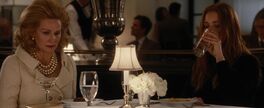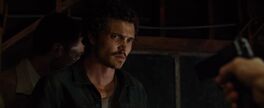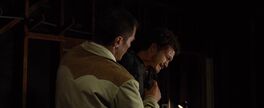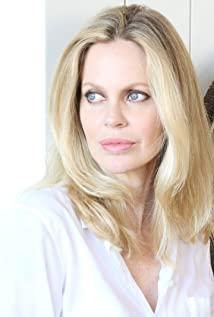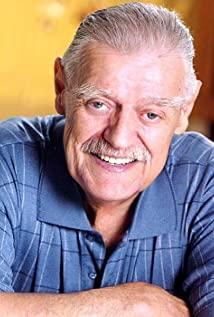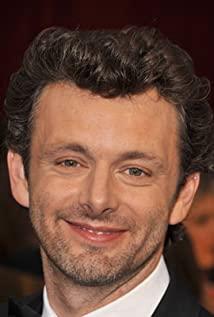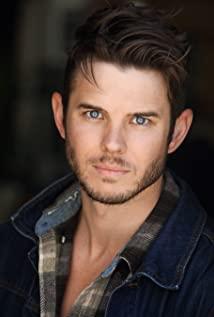Maybe it's old, I don't know when to start, the first word I write is often earlier, then how and then, and then it's my turn to be now.
In today's fiddling assessment questionnaire, about the dimension of self-awareness, many things are related to self-awareness, such as emotional intelligence, such as personal growth. As someone said-everyone has EQ, just don't want to use it on you, although some people don't need to use consciousness when "using" EQ, some people have to spend some or a lot of psychological resources to reach a certain height , After all, emotional intelligence is not something my generation pursues (after all, emotional intelligence is not a rigorous scientific definition). Growth is more important.
During the examination of the second-level psychological counselor, one of the two papers submitted was a self-growth report, and my paper was named "Between the Past and the Future", just like this push number, just like Hannah's book booklet. I seem to be telling myself to focus on the present, the present, not the past or the future, as the Xu admonitions say, that the past is forever in the past, and the future is always in the future.
In my self-growth report, I recorded the most profound events in my childhood, the most profound events in my formative years, and the most profound events in my adulthood. I described in detail the difference between how I felt then and now, and I described how I grew up. I secretly hope that the defense teachers can comment on this. But those teachers struggled with the timing of the muscle relaxation exercises in the case, what the client's stressors were, how she perceived it, what her symptoms were, and why she had a serious psychological problem and not a neurosis. Because of the criteria, the diagnosis is always relatively easy to arrive at, while the feelings are in the black box and are often easily overlooked.
Self-growth is a serious, even painful topic, and realizing that you are not actually who you want to be or think you are, is just as difficult to accept as one day realizing that you have become the person you originally hated. The former may be painful but at least lead to growth, the latter may be despair. When these moments finally come, I hope, sooner rather than later.
Just like the "Nocturnal Animals" I watched a few days ago - being interested in it may be the reason why there is still a vague image of the lonely page of Zhang Chi's earlier "Nocturnal Animals Museum" (look, this is the frank confession at the beginning. "Earlier"), the heroine may not even realize in the end that she ends up being the person she hates. This is a more terrifying situation than despair, it is simply inhuman, and it is more tragic than death.
The shots of "Nocturnal Animals" are just like "Neon Demon", with a cool metallic texture, and the editing of the three clues seems to be just right, but the copywriting is too boring and the ending is too tragic. The last look of the heroine seems to be a frivolous, non-nuclear thing that has been devoured by the virus and devoured her flesh and consciousness. What hatred and contempt does Tom Ford have for a woman to make this woman at such an age a nuclearless thing who doesn't realize she has become a nuclearless thing.
A solitary nocturnal animal, why should it be obsessed with the sparks or lights in the distance, it will only live in the distance, occasionally wagging its charming tail and dropping its fat buttocks, just take a look, don't try to get close to embrace it. Unless, early enough, I realized that I was some other animal, more suitable for lazily pawing on the mat and basking in the sun. Even so, it must not be enough. It also requires enough time, enough courage and enough patience - adapting to the light is always slower and more painful than adapting to the dark.
ps: In contrast, the paradoxical and coquettish beginning is the most vital scene in the whole story.
View more about Nocturnal Animals reviews



